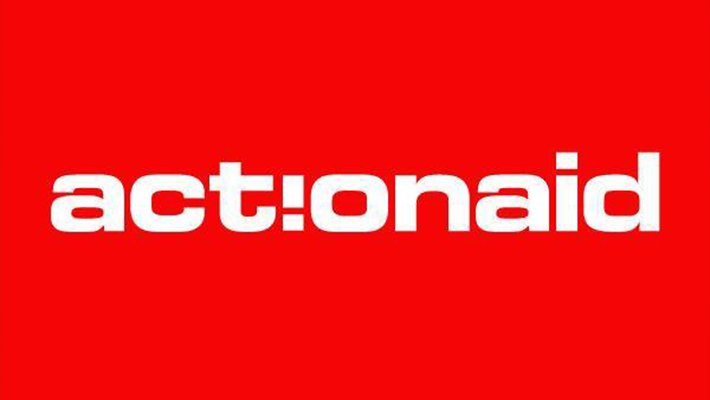ActionAid Nigeria has reaffirmed its dedication to rural inclusion, equitable development, and digital empowerment during a high-level visit to the Tungan Ashere community in the Federal Capital Territory (FCT).
Led by the country director Andrew Mamedu, the delegation, which included board members, general assembly representatives, and development experts, met with the residents to assess the long-term impact of ongoing community projects and social interventions.
Speaking in Tungan Ashere, Mamedu emphasised that rural communities in Nigeria must no longer be equated with underdevelopment.
He called on all levels of government, particularly state governments, to prioritise investments in rural infrastructure and social services.
“Rural communities in other countries have basic amenities and retain their rural identity. In Nigeria, we wrongly associate rural with lack. That mindset must change,” Mamedu said. “The next Dangote, the next Jeff Bezos, or the next Steve Jobs may be living here, waiting for opportunity.”
He also criticised tokenistic government gestures, pointing to a newly erected but non-functional electricity pole as an example of symbolic rather than meaningful development.
“We don’t need photo ops; we need real results,” he added.
The visit highlighted various community-led initiatives supported by ActionAid, particularly in education, agriculture, renewable energy, and digital inclusion. These efforts aim to close the rural-urban development gap and empower underserved populations.
One of the visit’s high points was a demonstration at the community ICT centre, where residents recently connected via video call with partners in the United States, a powerful symbol of digital inclusion in a rural setting.
For his part, the village head, Mr Sani Yakubu, praised ActionAid for providing agricultural support to women and establishing a solar-powered ICT centre with help from the Centre for Information Technology and Development (CITAD).
He said the facility has become a digital learning hub for nearby villages.
Yakubu also highlighted the community’s inadequate education infrastructure, noting that pupils from Primary 1 to 6 share a single three-classroom block. “Classes take turns to avoid disruptions,” he added.
Mamedu reiterated ActionAid’s commitment to real, transformative change. “Every child should learn. Every pole should light up. Every potential must be realised,” he said. “This is the change we’re committed to, and we will continue to fight for it.”
The team also assessed ActionAid’s REFLECT approach, a participatory development model that empowers communities to identify their own needs and effectively engage with local authorities.
This approach has contributed to major local achievements, including the Presidential Water Scheme launched in 2017, new school buildings supported by the UBE programme, and expanded digital access under the Breaking Digital Barriers initiative, backed by One World and funded by the FCDO.











